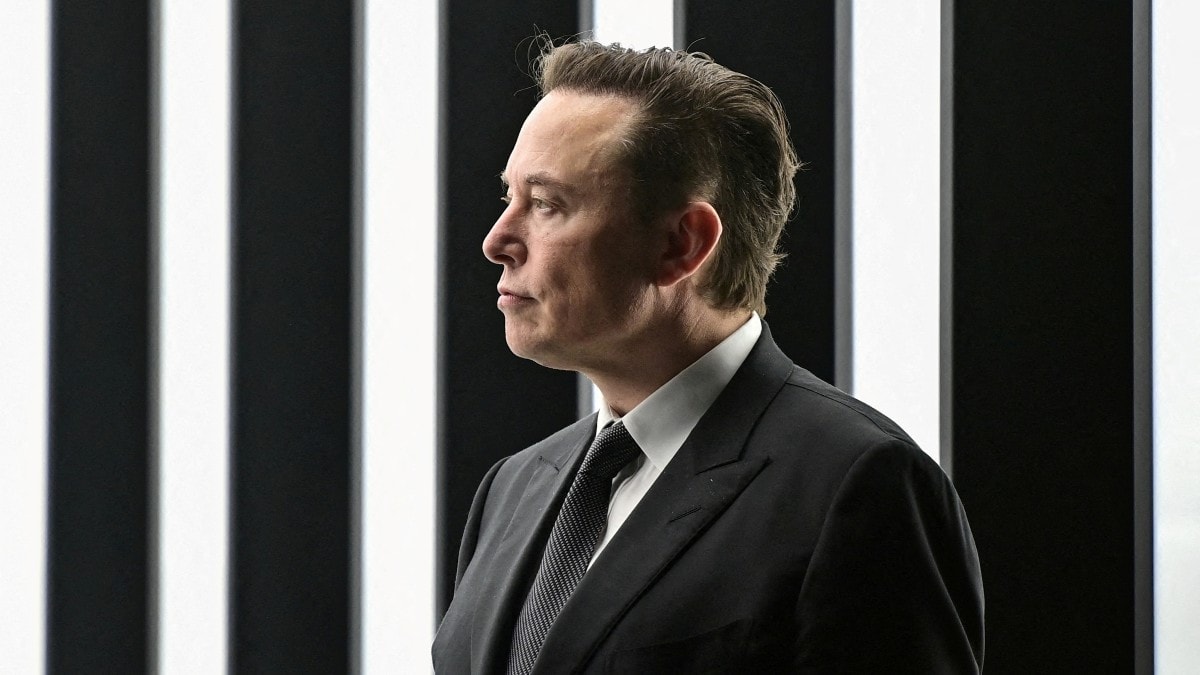
Republican lawmakers welcomed news that billionaire Elon Musk, who calls himself a free speech absolutist, was purchasing Twitter, but Democrats slammed it as a sign that more needed to be done to rein in Big Tech.
Musk, owner of Tesla and SpaceX, clinched the $44 billion (roughly Rs. 3,36,400 crore) cash deal on Monday.
Conservatives have accused the social media platform of bias against right-leaning views. They cheered the prospect of fewer controls under Musk, who has criticized Twitter’s moderation.
“Free speech is making a comeback,” tweeted US Representative Jim Jordan, a member of the Freedom Caucus of conservative House Republicans.
Jordan and other Republicans have been critical of Twitter for banning former President Donald Trump and other notable conservatives.
Trump’s account, which had more than 88 million followers, was his primary communication tool during his presidency. He repeatedly used Twitter to claim his defeat in the November 2020 election was due to widespread voter fraud, and he urged supporters to come to Washington on January 6, 2021 and march on the US Capitol to protest the election result.
Days after the storming of the Capitol, Twitter said it was permanently suspending Trump’s account due to the risk of further incitement of violence.
Political activists expect Trump could get his account restored after Musk’s takeover of Twitter.
But Trump, who has hinted he wants to run for president again in 2024, said on Monday that he will not return to Twitter even if his account is reinstated and would stay on his own social media startup, Truth Social.
Truth Social, which launched in February, joins other newer companies that bill themselves as champions of free speech and hope to draw users who feel their views are suppressed on more established platforms. But so far none have come close to matching the popularity of their mainstream counterparts.
Senator Marsha Blackburn, another Republican, said on Monday: “I am hopeful that Elon Musk will help rein in Big Tech’s history of censoring users that have a different viewpoint.”
Musk has said Twitter’s algorithm for prioritizing tweets should be public and has described user-friendly tweaks to the service, such as an edit button and defeating “spam bots” that send overwhelming amounts of unwanted tweets.
“Free speech is the bedrock of a functioning democracy,” he said in a statement on Monday. He also tweeted: “I hope that even my worst critics remain on Twitter, because that is what free speech means.”
Amid concerns from human rights activists that the deal could lead to unfettered hate speech, Democratic lawmakers called for more accountability.
Senator Elizabeth Warren, a progressive and a critic of the tech platforms, called the deal “dangerous for our democracy.”
“Billionaires like Elon Musk play by a different set of rules than everyone else, accumulating power for their own gain. We need a wealth tax and strong rules to hold Big Tech accountable,” she said on Twitter.
White House spokesperson Jen Psaki declined direct comment on Musk’s deal but added: “The president has long talked about his concerns about the power of social media platforms, including Twitter and others, to spread misinformation.”
Representative Ro Khanna said the deal was a reason to pass a bill to protect the data of people who go online.
“We need safeguards in place that give users more control over their data and ensure fairness and transparency,” Khanna said in a statement.
© Thomson Reuters 2022




















